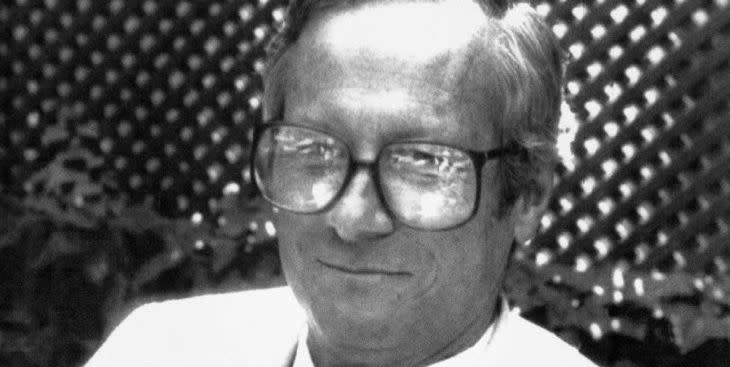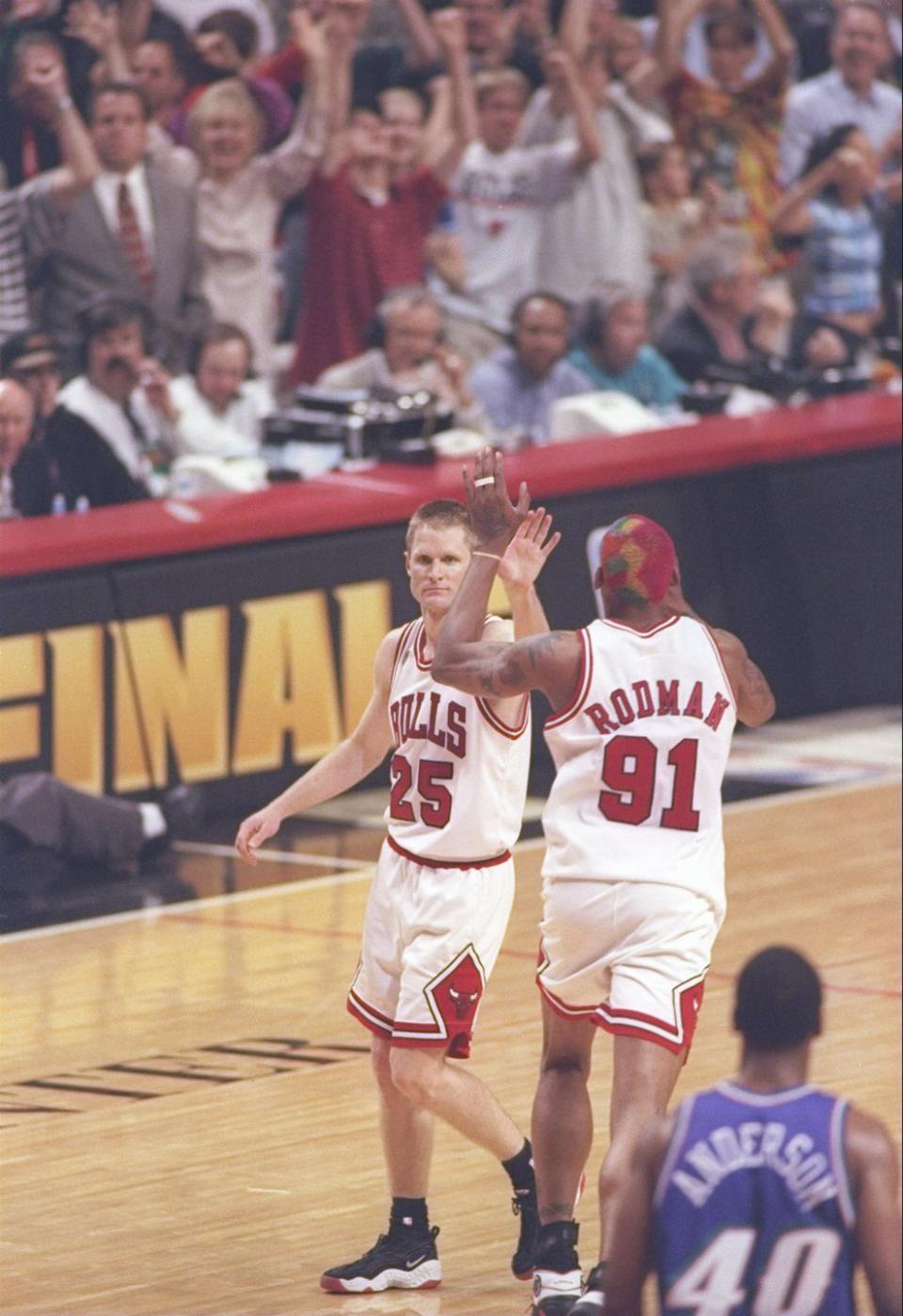Steve Kerr Opened Up About His Father's Tragic Death on 'The Last Dance'

It feels like there are about three Steve Kerrs, depending on when you grew up. There’s Steve Kerr, the clutch, championship-winning sharpshooter on the back half of Michael Jordan’s Chicago Bulls dynasty. And, of course, Kerr as we know him now—the good-humored, wise, and once again, championship-winning head coach of the Golden State Warriors.
Though, not many know the Steve Kerr Episode Nine of The Last Dance introduced us to: The basketball-loving high school kid who hardly had a shot at a Division I college career, let alone a chance at catching passes from Michael Jordan someday. And, for many, the tragedy that befell Kerr at that age—the sudden death of his father, Malcolm Kerr.
Malcolm Kerr was a university professor—focusing on Middle Eastern and Arab studies—and the president of the American University of Beirut. When he began serving his time in the latter role in 1982, it was the middle of the Lebanese Civil War. It was especially unsafe to be an American citizen living there at the time, marked by two separate bombings at the local U.S. Embassy around that time. On January 18, 1984, Kerr was shot and killed by two gunmen outside his office, marking another possible attack against the United States in Lebanon. His death was such a prominent story that it even prompted a response from the United States president of the time, Ronald Reagan.

“Dr. Kerr’s untimely and tragic death at the hands of these despicable assassins must strengthen our resolve not to give in to the acts of terrorists,” Reagan said in a statement. “Terrorism must not be allowed to take control of the lives, actions, or future of ourselves and our friends.”
Kerr rarely speaks publicly—or even to his players—about the death of his father (making his comments in The Last Dance especially rare), but he gave a wide-ranging interview to The New York Times in 2016 about the Warriors, politics, and the impact the tragedy had on his life.
“I really realized from [Greg Popovich] and [Phil Jackson] that I could use my experience as a kid and growing up to my advantage as a coach,” Kerr said. “And connect with players and try to keep that healthy perspective. Keep it fun, and don't take it too seriously.”
As Kerr and his mother, Ann, mentioned in The Last Dance, it was his father’s death that pushed him to triple-down on his basketball career, finding therapy on the floor. Decades later, as Kerr talks about in the Times interview, it made him into the patient, wise coach we know him as today.
“He was an observer,” he said. “And he let me learn and experience. I try to give our guys a lot of space and speak at the right time. Looking back on it, I think my dad was a huge influence on me, on my coaching.”
You Might Also Like
